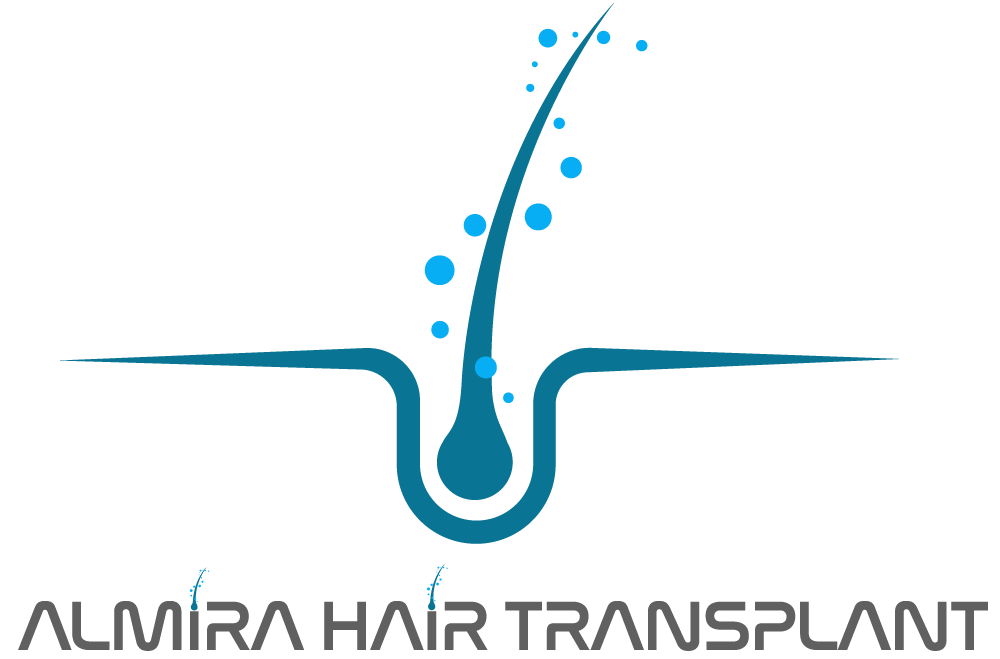Medical Skincare by Skin Type: Which Treatments Are Right for You?

Medical Skincare by Skin Type: Which Treatments Are Right for You?
When it comes to skin health and achieving a radiant appearance, medical-grade skincare treatments offer some of the most effective and long-lasting solutions. However, not all treatments are suitable for every skin type. Customized skincare based on your specific skin type ensures the best results while minimizing the risk of irritation or ineffectiveness.
In this article, we’ll explore the most suitable medical skincare treatments for different skin types and who benefits most from each approach.
1. Do You Know Your Skin Type?
Before starting any medical skincare treatment, it’s important to correctly identify your skin type. The most common types include:
-
Dry Skin: Flaky texture, dull appearance, tightness
-
Oily Skin: Shine, enlarged pores, blackheads, and acne-prone
-
Combination Skin: Oily in the T-zone (forehead, nose, chin), dry in other areas
-
Sensitive Skin: Prone to redness, itching, burning, and reacting to external factors
-
Normal Skin: Balanced, smooth, neither too oily nor too dry
A professional skin analysis by a dermatologist or licensed aesthetician is recommended for accurate diagnosis.
2. Best Treatments for Dry Skin
Dry skin often lacks moisture and has a weakened skin barrier. For this type, treatments should focus on hydration and barrier repair:
-
Hyaluronic acid-based serums and infusions
-
Vitamin-rich mesotherapy
-
Hydrafacial with moisturizing serums
-
Collagen-boosting medical face masks
Regular professional treatments, especially during seasonal changes, help restore balance and prevent dryness-related aging signs.
3. Oily & Acne-Prone Skin: What Works Best?
Excess sebum production and clogged pores are the main concerns for oily skin types. Ideal medical skincare options include:
-
Salicylic acid chemical peels
-
Hydrafacial or aqua peel to deeply cleanse and reduce oil
-
Laser therapy with antibacterial effects
-
Enzyme peels to regulate sebum production
Regular sessions help reduce pore size, prevent breakouts, and balance oil levels.
4. Gentle Care for Sensitive Skin
Sensitive skin requires special attention, as it reacts more easily to products, weather, and pollution. Suitable treatments include:
-
Fragrance-free, hypoallergenic skincare
-
Soothing masks with anti-inflammatory ingredients
-
LED light therapy and oxygen facials (non-invasive and calming)
A well-designed medical skincare plan helps strengthen the skin barrier and reduce long-term reactivity.
5. Combination Skin Needs a Dual Approach
Combination skin requires treating different zones of the face according to their individual needs:
-
Oil control serums for the T-zone
-
Hydrating products for cheeks and dry areas
-
Multi-masking (using different masks on different areas)
-
Customized facials that balance hydration and exfoliation
This skin type often benefits from seasonal skincare adjustments for best results.
6. Normal Skin: Maintain and Protect
For those with normal skin, the focus is on preventive and maintenance treatments to preserve balance:
-
Antioxidant-based facial treatments
-
Mesotherapy to boost hydration and vitality
-
Purifying yet hydrating masks
-
Monthly skincare maintenance for lasting radiance
Regular professional care can delay signs of aging and maintain the skin’s natural glow.
Conclusion: Personalized Skincare Yields Better Results
Each skin type has unique characteristics and needs. Medical skincare becomes truly effective when it is tailored to the individual. With the help of a qualified professional and a personalized treatment plan, you can achieve healthier, smoother, and more radiant skin—regardless of your skin type.


